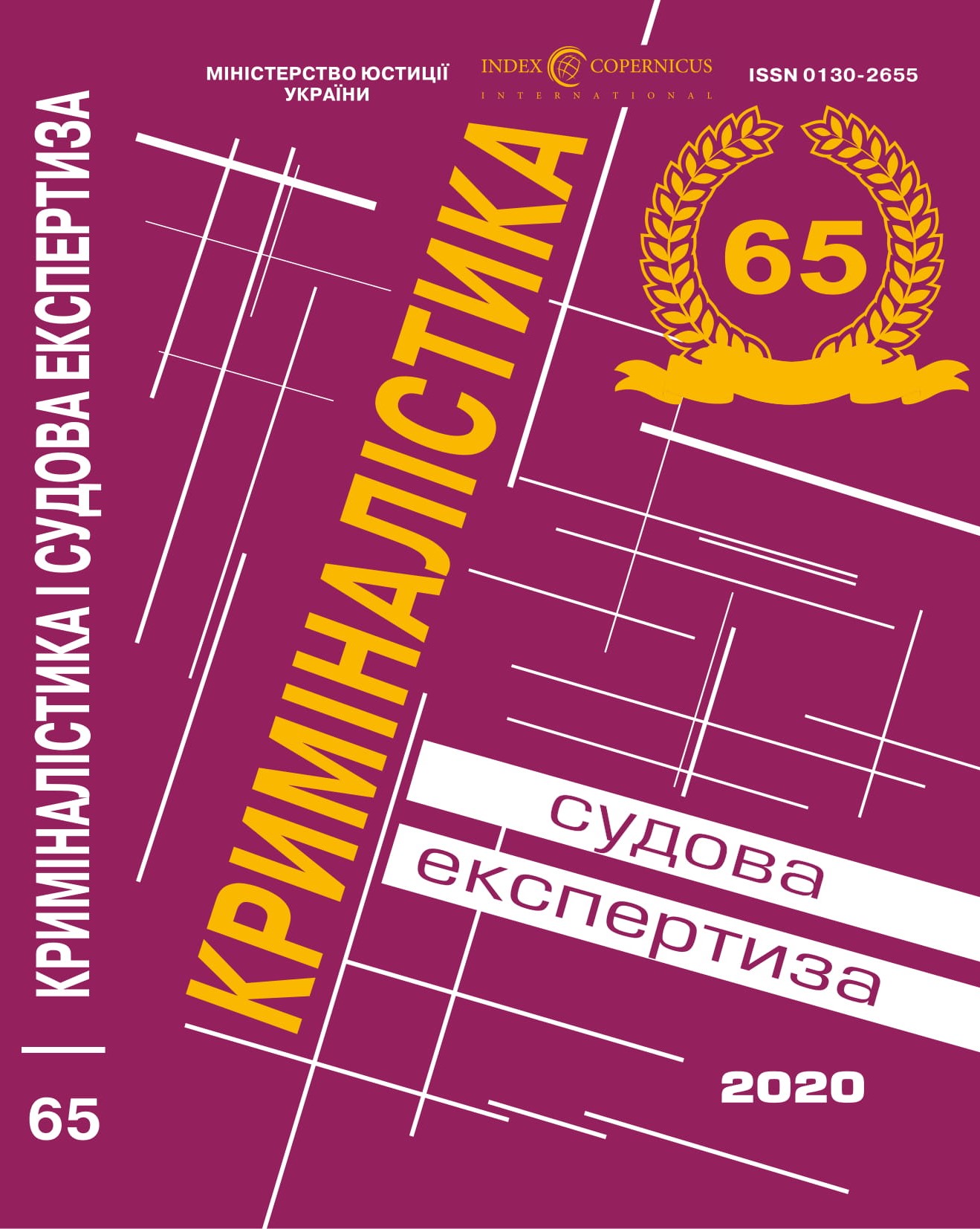
DOI: https://doi.org/10.33994/kndise.2020.65.53
T. Paientko
The article is devoted to solving the problematic issues of confirming the amounts of income and expenses that arise in accounting for long-term debt. A review of the literature has shown that domestic researchers do not pay enough attention to the method of determining the effective rate in various situations. It is incorrect to use the approaches of western researchers in determining the effective rate, as in Ukraine there is no unified approach for determining a risk-free rate. The purpose of the article is to justify the approaches to determining the effective interest rate when accounting for long-term debt in order to reflect correctly income and expenses arising from the discount calculation.
Over the past few years, during tax audits, tax inspectors do not recognize or recognize income and expenses of income taxpayers that arise from the reflection of the discount in an incomplete amount. As a result, the taxpayers have income tax arrears, the amounts of which they do not agree with, and therefore they must go to court. The issue of confirmation of the amount of income or expenses arising as a result of reflection of the discount is controversial and complicated, therefore often requires the involvement of a forensic expert economist. In practice, there are nonstandard situations, namely: reflection in the accounting of long-term debt with an uncertain maturity; – reflection in the accounting of interest-free financial aid; reflection in the accounting of non-standard loans. It has been determined that the source of the problem is the lack of common approaches to justify the effective rate used in discounting.
The court practice of settling disputes between taxpayers and the tax service has been analyzed. It is grounded, in what non-standard operations problems can arise in determining the effective rate. It is determined what approaches to the determination of discount rate should be applied in the realities of Ukraine. It has been substantiated that in order to protect the position of judicial experts when preparing opinions on the issues of reflection of income and costs arising from the discount, it is necessary to develop and approve the methodology for determining the effective rate for calculating the discount.
Key words: effective rate, income, expenses, discount amount, tax audits.










